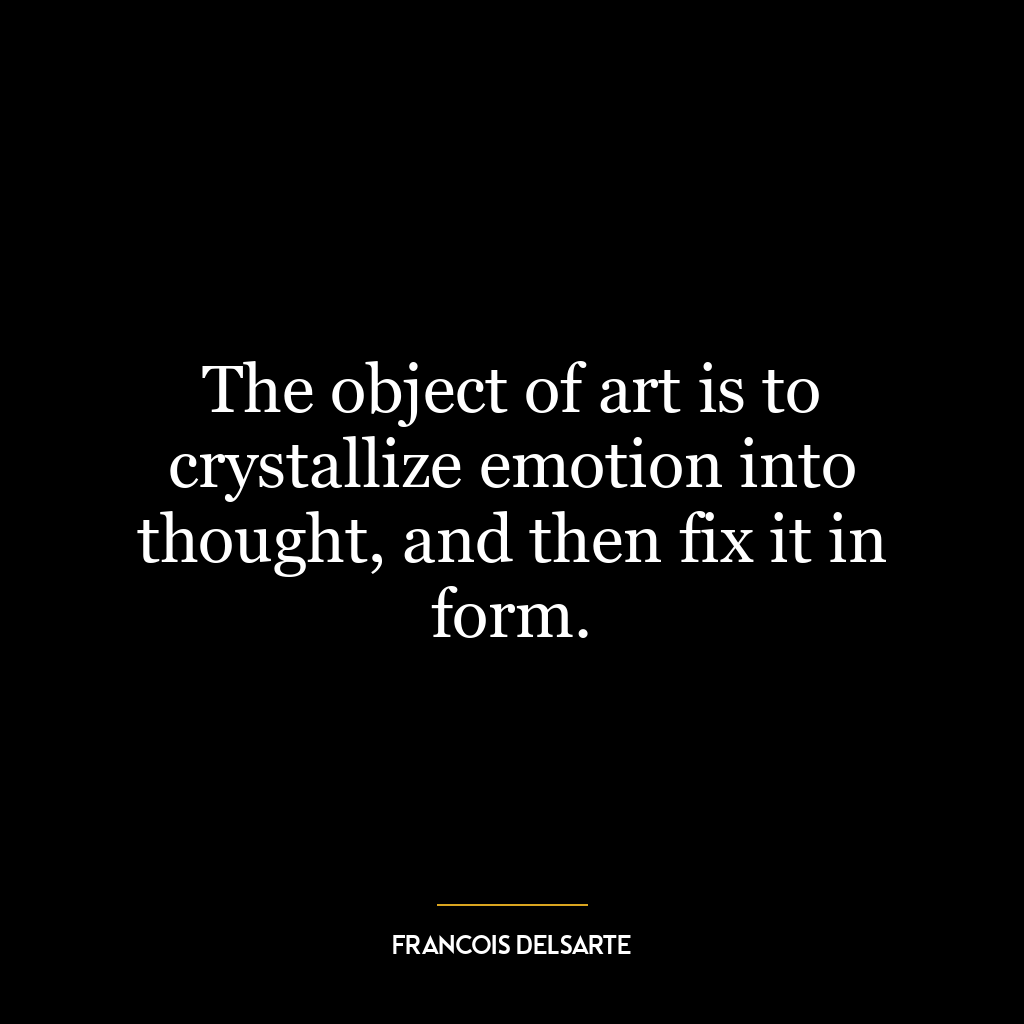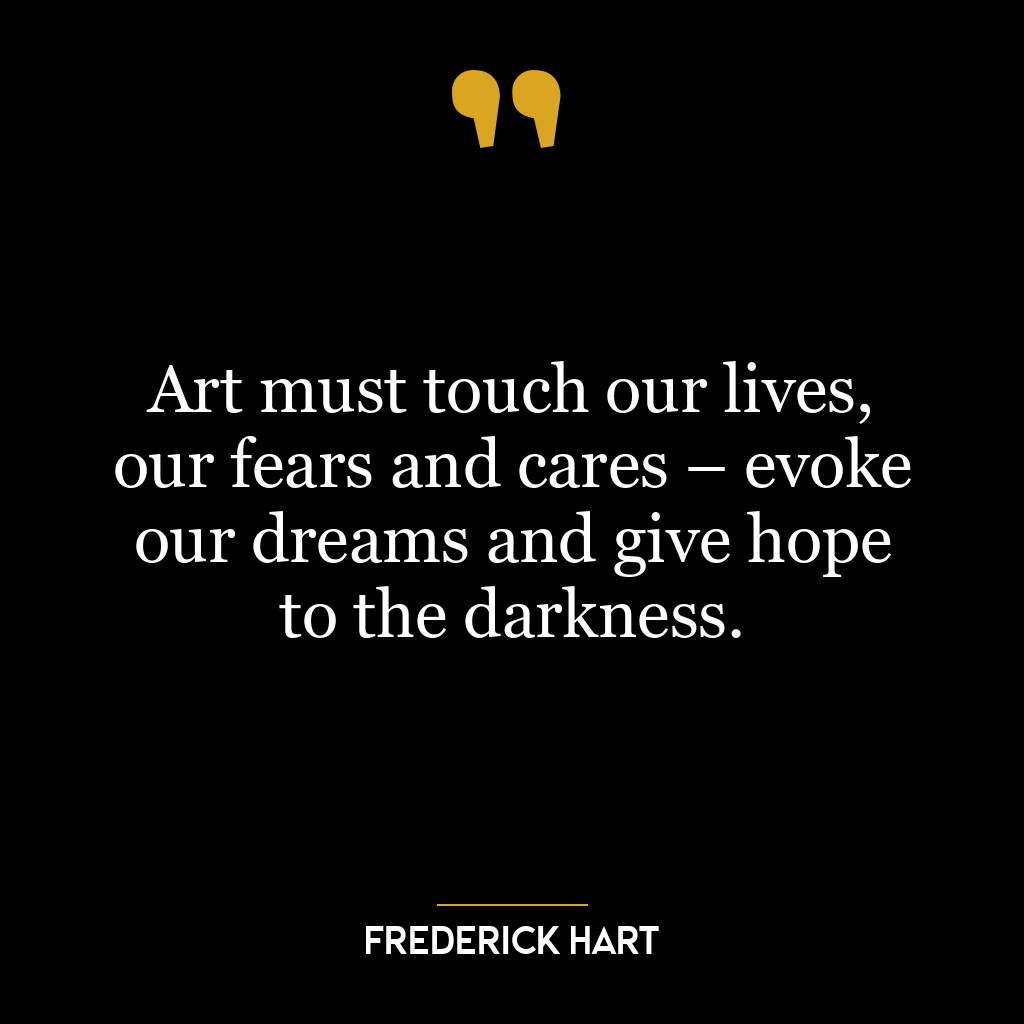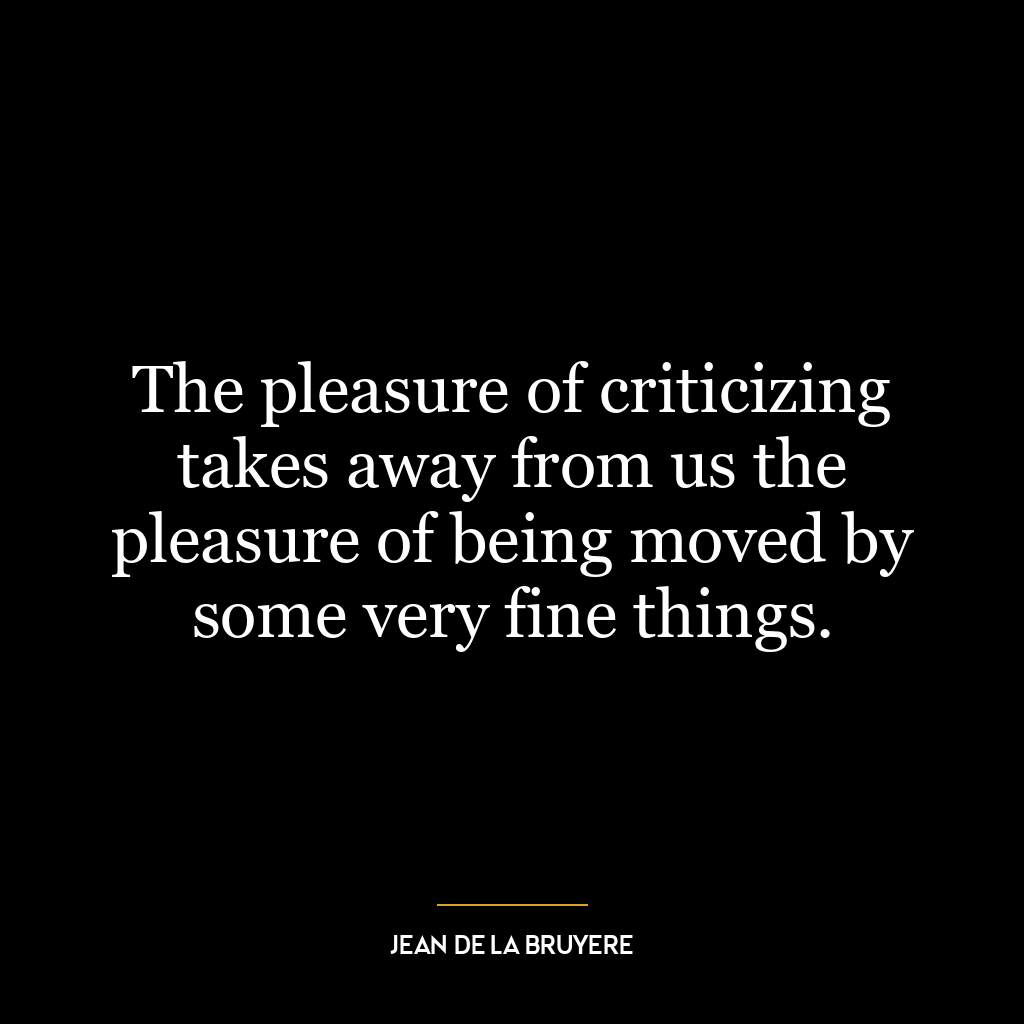“Pessimism is an emotion not a philosophy” is a statement that highlights the transient and subjective nature of pessimism. Pessimism, being a negative outlook or a tendency to see the worst in things, is identified here as an emotion, something temporary and changeable, rather than a philosophy, which is a more permanent, structured way of thinking or a system of beliefs.
This quote suggests that pessimism is not an inherent or fixed worldview, but rather a temporary emotional state that can be influenced by external factors and personal circumstances. It underscores the idea that pessimism is not a rational or logical way to approach life, but rather a reaction to specific situations or experiences.
In today’s world, this quote can serve as a reminder that our outlook on life is often a choice. In the face of challenges and adversities, we can choose to adopt a pessimistic attitude, focusing on the negatives and expecting the worst outcomes. However, this is not a constructive or beneficial way to approach difficulties. Instead, it may be more helpful to recognize pessimism as a fleeting emotion, and strive to adopt a more optimistic or realistic perspective.
In terms of personal development, this quote can be quite empowering. It suggests that we have the power to control our attitudes and reactions to the world around us. If we find ourselves in a state of pessimism, we can acknowledge this as a temporary emotional state rather than a fixed reality. This can help us to shift our focus, challenge our negative thoughts, and work towards a more positive and constructive outlook.
Moreover, understanding that pessimism is an emotion and not a philosophy can help us to be more compassionate towards ourselves and others when we or they are experiencing pessimistic feelings. It can remind us that it’s okay to have negative emotions sometimes, but it’s also important not to let these emotions dictate our overall perspective on life.











